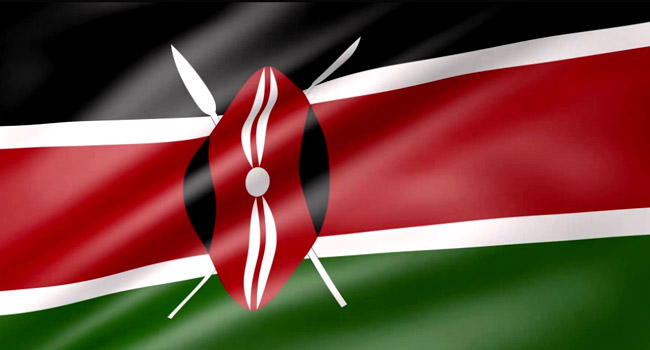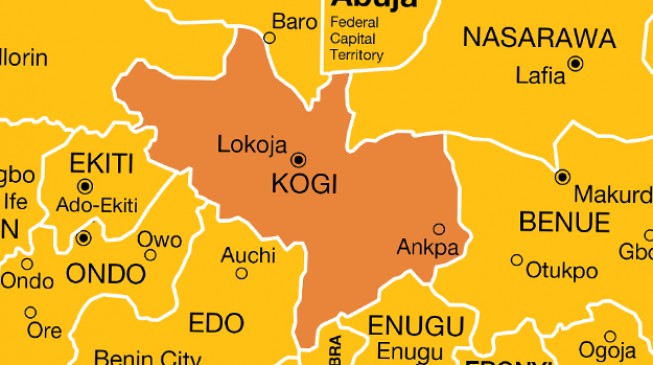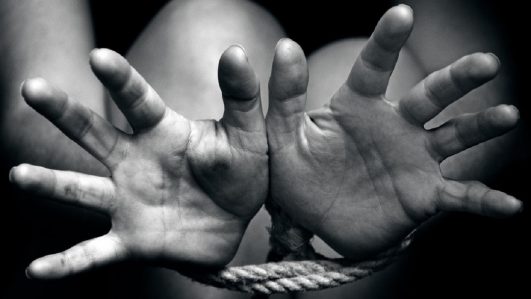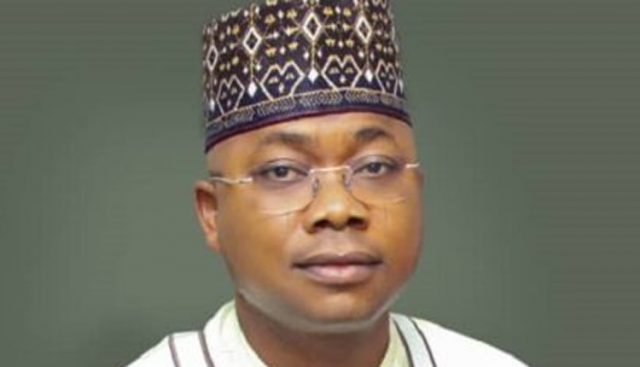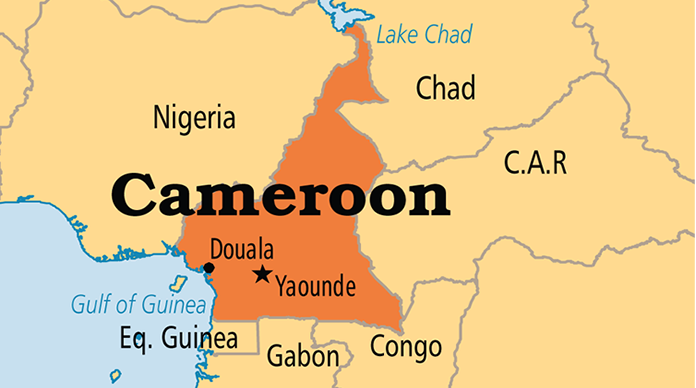Kenyan police forcibly detained dozens of demonstrators and a senator, AFP witnessed Monday, firing tear gas into small peaceful rallies protesting recent alleged abductions that have enraged the country.
Security forces in the East African nation have been accused of carrying out dozens of illegal detentions since youth-led anti-government demonstrations in June and July.
The latest disappearances have primarily involved young people who have criticised President William Ruto online, with rights groups dismissing police denials of involvement and calling for action.
Scores of protesters rallied in the capital Nairobi on Monday, some brandishing images of those who had disappeared, calling for their release, and an end to the alleged abductions.
“What we are calling, demanding for, is the young people who have been abducted to be released,” said Nerima Wako, of youth empowerment group Siasa Place.
“This lifestyle of being abducted should have ended in the nineties,” she told AFP, referencing a period in recent Kenyan history under former President Daniel Moi that has become synonymous with state-sanctioned disappearances.
Behind her a small group of demonstrators sang the national anthem and refused to move despite repeated volleys of tear gas from police officers.
“The citizens are not afraid to speak out, even though the intimidation is real,” said Wako.
Officers eventually dispersed the group — who continued to chant, “we are peaceful, stop killing us police” — by detaining dozens of them, including Senator Okiya Omtatah Okoiti.
Protester Wanjiku, 29, condemned the police response.
“I don’t see why they would do that to people who are not even violent,” she told AFP.
Among those marching since June, she reiterated the need for Ruto to resign, adding: “This fight is far from over.”
The rally came only days after the president addressed the disappearances.
“We are going to stop the abductions so that our youth can live peacefully,” he told a crowd last week.
However, anger has not abated.
Police have denied involvement but activists have questioned why they appear to not be investigating the disappearances.
Human Rights Watch said earlier this year that its research pointed towards a unit drawn from multiple security agencies

